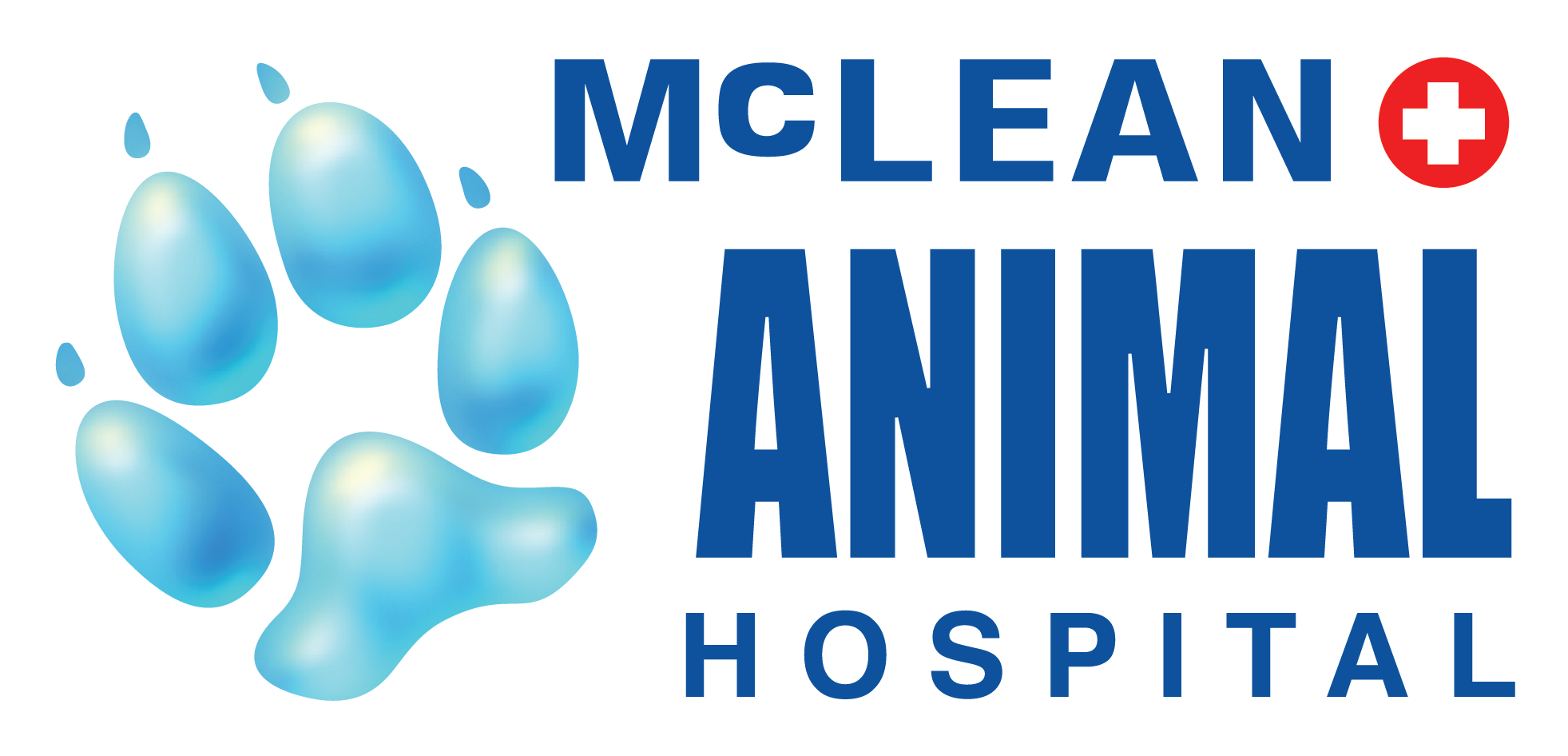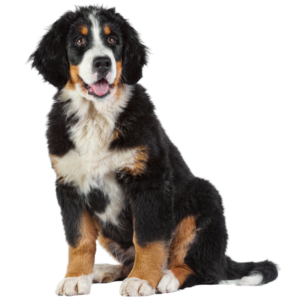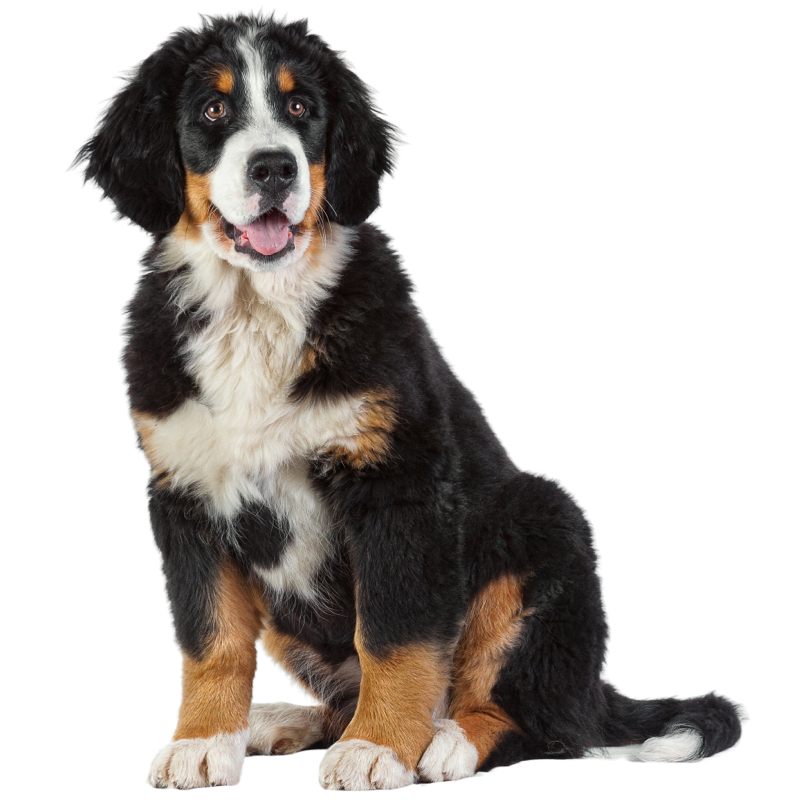Blog: Senior Pet Care
Dehydration is often seen in the veterinary industry. We see it with older pets with chronic diseases and younger pets who have acute illnesses. We sometimes recommend Subcutaneous (Sub Q) fluids to help rehydrate the patient and generally make them feel better. (more…)
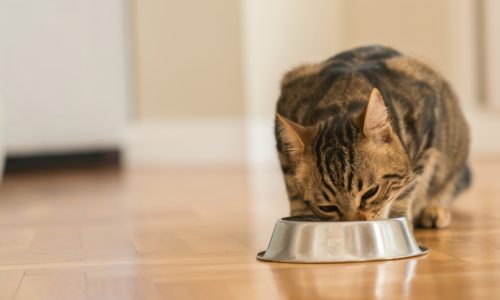
Subcutaneous Fluids and Tilly
Dehydration is often seen in the veterinary industry. We see it with older pets with chronic diseases and younger pets who have acute illnesses. We sometimes recommend Subcutaneous (Sub Q) fluids to help rehydrate the patient and generally make them feel better.

Knowing When It’s Time to Say Goodbye
When you adopt or buy a new pet (no matter what age they are at the time) no one wants to think about the day they will have to say goodbye to their loving friend. It is an extremely stressful time for families, as many do not want to bear...
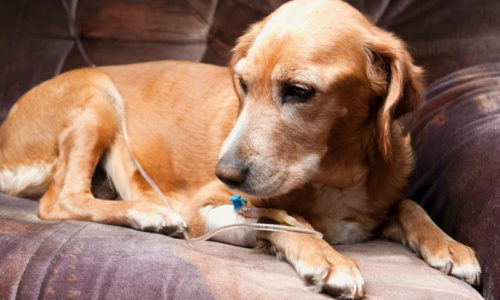
Bloodwork in Senior Pets
Dogs are considered senior at the age of 7, and cats at the age of 10. At this time, it is important they see a veterinarian for regular health examinations, even if they appear to be in good health.

How to Help Your Aging Pet
As our beloved pets get older their abilities to run, jump and even walk decrease. Their bones become weaker and may become arthritic. Some pets may experience dizziness which may cause them to fall and stumble. This may lead to accidents outside of the litter box, things being knocked over, and...
